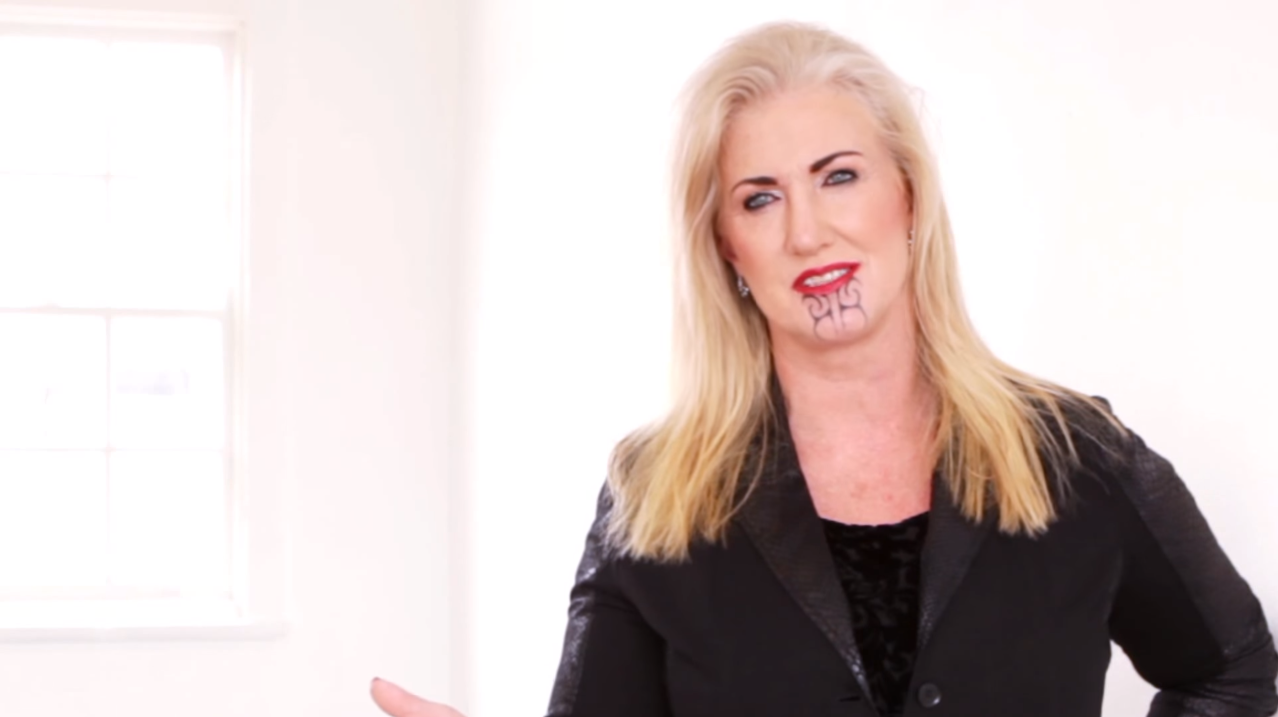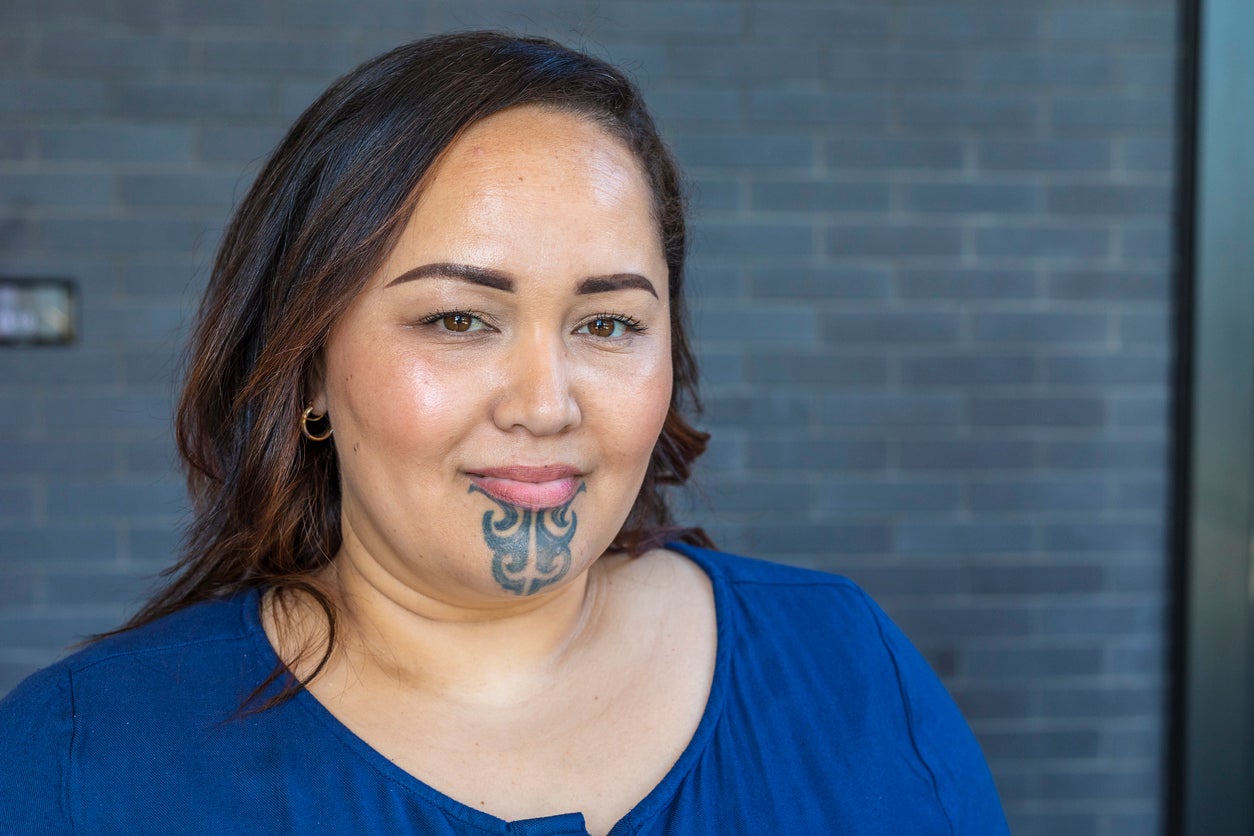White woman with Maori facial tattoo accused of ‘cultural appropriation’
‘There’s a level of white privilege that’s being displayed here’
Your support helps us to tell the story
From reproductive rights to climate change to Big Tech, The Independent is on the ground when the story is developing. Whether it's investigating the financials of Elon Musk's pro-Trump PAC or producing our latest documentary, 'The A Word', which shines a light on the American women fighting for reproductive rights, we know how important it is to parse out the facts from the messaging.
At such a critical moment in US history, we need reporters on the ground. Your donation allows us to keep sending journalists to speak to both sides of the story.
The Independent is trusted by Americans across the entire political spectrum. And unlike many other quality news outlets, we choose not to lock Americans out of our reporting and analysis with paywalls. We believe quality journalism should be available to everyone, paid for by those who can afford it.
Your support makes all the difference.The “moko” is no ordinary face tattoo.
It’s embedded with history, having been proudly worn by the Maori people in New Zealand for hundreds of years to denote aspects of their lives such as their lineage or rank in society.
A white woman from New Zealand has caused major controversy by having a moko tattooed on her face, despite having no Maori heritage to speak of.
Sally Anderson, a life coach who runs a business called Evolved Leadership, supposedly decided to have a “moko kauae” tattooed on her chin as a symbol of the hardship that she faced when she was sexually assaulted as a teenager.
However, others have claimed that Ms Anderson has appropriated the symbolic tattoo in order to promote her life coaching business.
Dr Mera Lee-Penehira, a New Zealander and descendant of the iwi (tribes) of Ngati Raukawa ki Otaki and Rangitaane, believes that it’s extremely important to be aware of the connection between the moko and New Zealand ancestry.
“It’s the integrity of our whakapapa [genealogy], so it’s about nothing more, nothing less than who you’re born from and who you’re born to be and who will be born from you,” Dr Lee-Penehira told 1 News.

“So what’s represented in our moko kauae, in any facial moko, is about our tribal designs, it’s about who we were born to be.”
Ms Anderson is married to Roger Te Tai, who has a full face moko in keeping with his Maori heritage.
Mr Te Tai revealed to TVNZ1’s Te Karere that while he had originally had reservations about his wife having the traditional Maori tattoo, he eventually came around to the idea.
“It took me two and a half years to actually accept for her to have it done,” he said.
He then went on to defend her against the backlash that she’s received, saying: “She’s more Maori than you’ll ever be because her heart is pure always has been, her soul is a pure soul.”
Following accusations that Ms Anderson was using the moko to promote her business, she reportedly removed any mention of the tattoo from her company’s website.
When asked whether she believed that the “Pākehā”, a word referring to New Zealanders of European descent, had committed cultural appropriation, Dr Lee-Penehira answered affirmatively.

“From what I’ve seen, and I’ve only looked in the last couple of days, it does appear that moko kauae in this instance is being used as business branding,” she stated.
“I do think there’s a level of cultural appropriation and I do think there’s a level of white privilege that’s being displayed here and I think we need to be really cautious about that.”
She continued, saying that she thinks people of all cultures should be encouraged to find markings that represent their unique identities, as opposed to adopting those of others.

Join our commenting forum
Join thought-provoking conversations, follow other Independent readers and see their replies
Comments